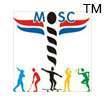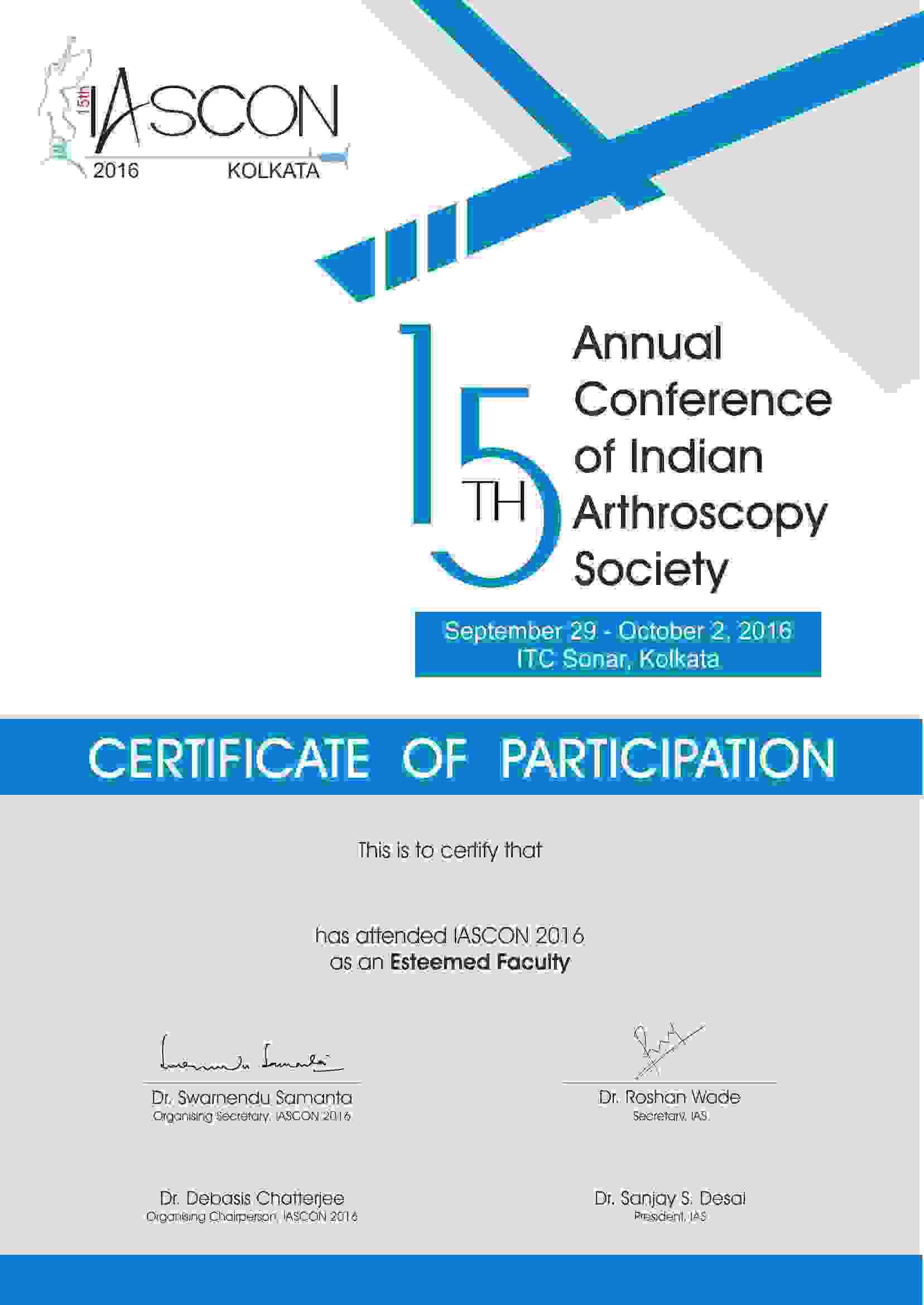What is the rotator cuff?
The rotator cuff is the most important muscle group of the shoulder. It is responsible for smooth movements of the shoulder joint, particularly elevation & rotations. It is formed by the group of 4 muscles, namely the supraspinatus, infraspinatus, subscapularis & teres minor which surround the shoulder joint like a cloak.
What happens when it is torn?
A rotator cuff tear or rotator cuff injury is perhaps the worst thing that could happen to the shoulder joint. It results in disabling weakness & sometimes inability to lift the arm. The pain is very unrelenting & continues into the night as well, making sleep very difficult. Lying down on the the painful shoulder is next to impossible because of the shooting pain that is generated. Dr Raju Easwaran is an expert orthopedic surgeon who provides Rotator Cuff Injury Treatment with Rotator cuff surgery in New Delhi, India
What is done in the surgery?
Rotator cuff repair is a standard arthroscopic procedure. The torn cuff is directly visualized using an arthroscope & using specially designed instruments, it is reattached directly to bone with 2 – 4 anchors. Sometimes for an extensive tear, a small incision is given to facilitate the repair. This is called a mini-open repair & has the same recovery period, results & rehabilitation as for an arthroscopic repair. In certain instances the torn cuff is found irreparable. Special procedures like tendon transfers are done.
Not all patients need surgery!
Most cuff tears respond to physiotherapy. The weak muscle is strengthened through exercise. This can be easily done at home using a special home physiotherapy kit under supervision by your doctor. Sometimes injections of steroid are given to ease the pain & hasten recovery. Usually not more than 2 injections should be required. However if there is a full thickness tear along with inability to lift the arm, then a surgery is advisable.
POST OP recovery takes 3 months & involves extensive physiotherapy. Sometimes, if the surgery has been delayed, the shoulder may remain persistently weak.










